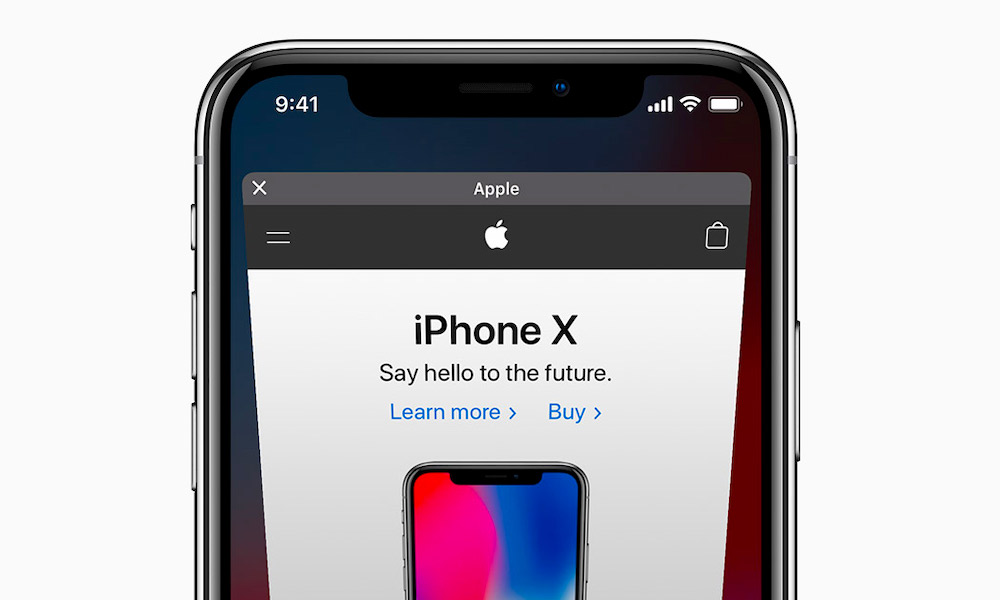Privacy Matters: Is Safari’s Private Browsing Mode Actually Private?
 Credit: Apple
Credit: Apple
Toggle Dark Mode
As data collection becomes more widespread over time, Apple continues to add more useful tools for us to protect ourselves. Last week we covered which alternative websites you can use to defend your data, but sometimes that might not be enough to fend off the guilty parties. Apple has a great feature called “Private Browsing” built into Safari, and this week we’re going to take a look to see if Private Browsing does enough to help. We’ll also take a look at some simple third-party tools that can also make a big difference in keeping you secure online.
Apple states that Private Browsing mode “protects your private information and blocks some websites from tracking your search behavior. Safari won’t remember the pages you visit, your search history, or your AutoFill information.” In a nutshell, Private Browsing mode is designed for Safari to forget everything you do while surfing the internet –it doesn’t store any of your web activity on your device or in the cloud.
But what about the websites themselves? Does Private Browsing protect you from them? The short answer is, no.
Any time you visit a website; they can see something called an IP address.
- An IP address is similar to a mailing address, which tells you where mail comes from or should be delivered to.
- Every device has an IP address and your Internet Service Provider, many websites, and search engines will hold on to your IP address information whether you use Private Browsing or not.
- Apple states that Private Browsing mode will block some websites from tracking your search behavior, but those same sites can and most likely will still track your IP address.
So, What Can We Do?
Clearly, Private Browsing mode is not enough. Luckily, some great tools are available. The easiest and most effective tool for the average consumer is a VPN. VPN stands for Virtual Private Network. The way a VPN works is very technical, but in simple terms, it gives you a temporary IP address that can not be correlated back to you.
When you surf the internet using a VPN, all of your traffic is routed to a set of computers located somewhere else. Those computers get the website or information you’ve requested and send it back to you. So when the sites you’re visiting attempt to track you or log your IP address, they are actually only seeing the IP address of the computers your traffic is routed through, thus keeping your web surfing anonymous.
There are many great VPN providers on the market. NordVPN is one of the most respected VPNs on the market – and they offer many different plans, but their best-valued plan is $2.99 a month which will protect up to six of your devices. Nord overs over 5,000 servers to help anonymize your web surfing and a 30-day money back guarantee.
Another great VPN choice is ExpressVPN. ExpressVPN promises the most secure protection with over 3,000 VPN servers spread across 94 countries. Their best-offered plan is $8.99 a month and allows for unlimited VPN installs and up to 3 devices connected at once.
It’s clear that iOS does as much as it can to protect you, but if you want to remain truly anonymous online, make sure no one is tracking you, and have the peace of mind that all of your transactions online are secure, then a VPN is your best choice.
Learn More: 11 Important Things You Need to Look for in a New VPN Service






